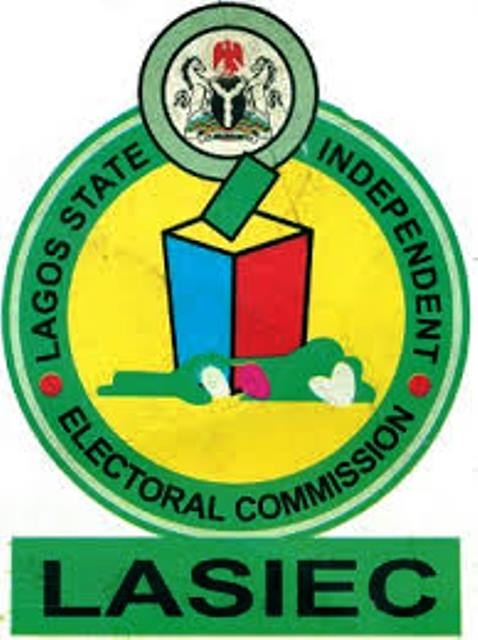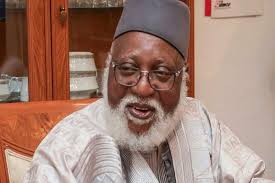The Inter-Party Advisory Council (IPAC) in Lagos State has faulted the Lagos State Independent Electoral Commission (LASIEC) on the release of guidelines for the 2025 Local Government election in the state. IPAC, in a statement jointly issued by Mrs Temilade Akinade, its Chairperson and Mr George Ashiru, its Public Relations Officer, on Saturday, said the …

